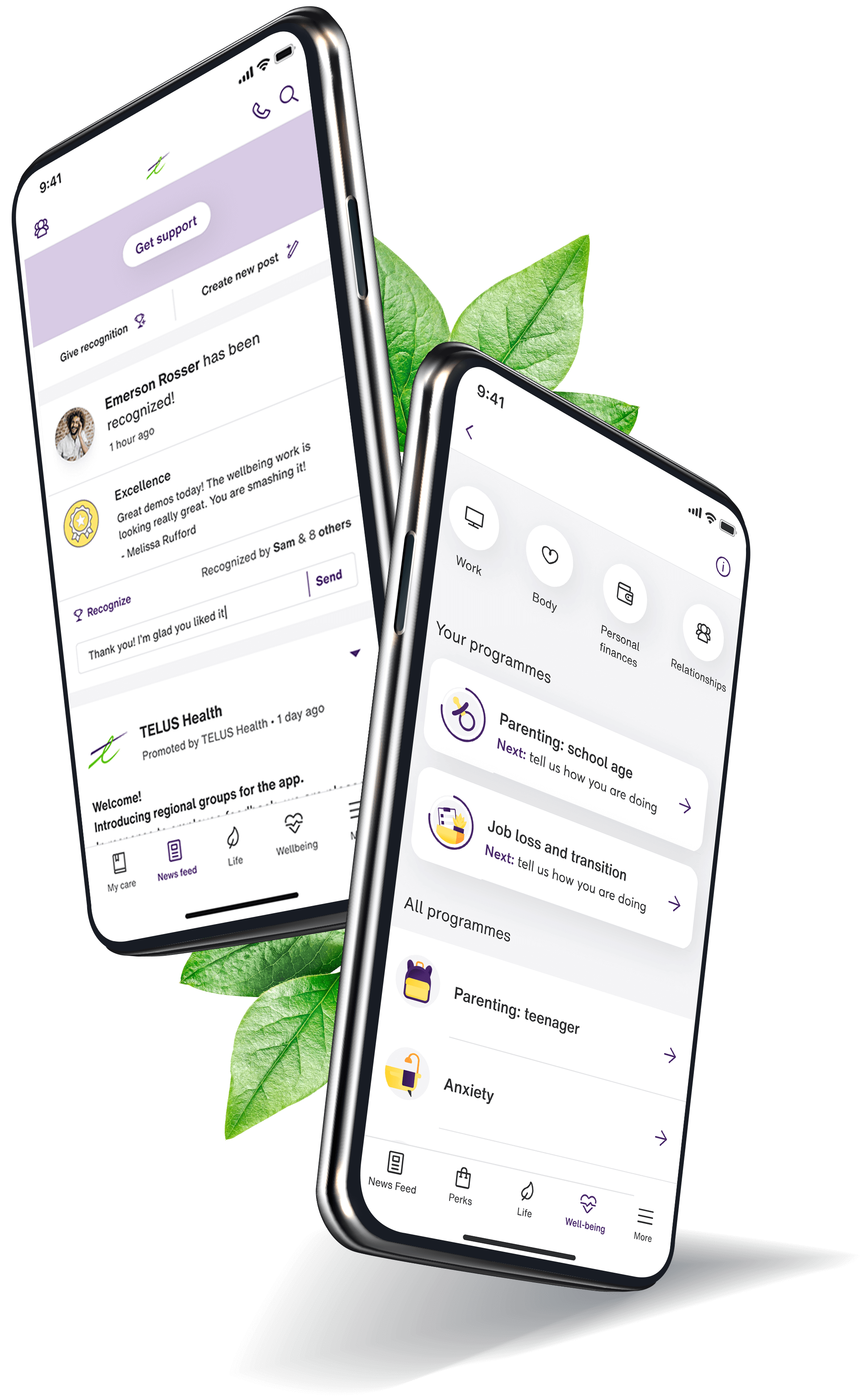Maintaining close friendships
Whatever your day-to-day pressures may be, keeping in touch with friends is a vital part of a happy and satisfying life. Friends provide a special kind of support that you may not get from anyone else. And recent studies have found that friends can play an important role in good health and longevity. Here are some ways to maintain your ties no matter how busy you are.
Keeping in touch on a busy schedule
Staying in touch can be challenging when both you and a friend have a lot of work or family responsibilities. It will be easier to stay connected if you:
Know your priorities. Some friends will always matter more to you or have greater needs than others. If you tend to chat for hours with a friend who calls frequently, and neglect to call another friend who is facing illness or who has lost a job, think about your priorities. Ask yourself who needs you more. And keep your conversations with one friend brief to make time for the other.
Determine the best time to call. You and a friend may not be able to have long conversations at work or reach each other easily during the day. Come to an arrangement with your friend about when the best times are for both of you to catch up, so you'll be able to enjoy relaxed conversations when you connect.
Send a text or short email message. Either might be a good way to set up a time to call or get together if you keep missing each other's phone calls.
Be flexible. Try not to make your friend's availability a test of loyalty. Someone who matters a lot to you may have pressures or responsibilities you don't know about or understand.
Write yourself notes. If you keep forgetting to call a friend, set up an alert on your phone or calendar. Or put a note and phone number on your to-do list.
Invite your friend to join family activities. Invite a friend to attend a child's school play or sports event, or to join you on a family day trip to the beach. Such activities may have the extra advantage of letting your friend see a new dimension of your life or get to know your children.
Sync your social media use. Decide which sites will best help you keep in touch. Join LinkedIn or Instagram (and enable notifications) if that's where a friend posts most often, even if you prefer Facebook or Twitter.
Have video chats from time to time if you don't live near each other. Discuss with your friend which app would work best for you, whether it's FaceTime, Skype, or WhatsApp, and how often you would like to use it.
Making time to get together
A good friendship, like any other important relationship, takes time to develop and grow stronger. Here are some ways to find more time for friendship:
Plan for get-togethers. Making advance plans for dates will help you avoid neglecting a friend unintentionally. If you and a friend have hectic schedules, you could plan a monthly date to have lunch, go shopping or watch a film at the cinema. Or plan to take a holiday together, even if it's just for a long weekend.
Share a new interest. Friends may lose touch because they no longer work together or have children at the same school. Sharing a new sport or hobby can strengthen your ties.
Entertain modestly. One of the joys of having a friend is that you enjoy each other's company even if you don't share fancy meals or big nights out. Instead of buying expensive tickets or meals, you and a friend could have a takeaway lunch in a park or plan a coffee meetup with people you both know.
Do errands together. No matter how busy you and your friend are, both of you probably need to shop for groceries or gifts. If you can plan to do some of these things together, you'll see each other more often and find extra pleasure in everyday activities.
Friendship is like an ongoing investment. Give it your attention, effort and time and you will get back dividends far greater than the ones you put in.


